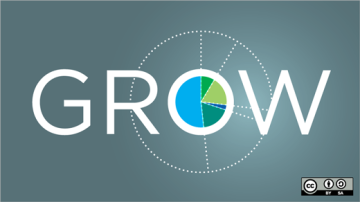
Michael Babker is a veteran of the Information Technology industry who brings over 15 years of knowledge and experience to the table. After finding a passion for building with and contributing to open source, he has transitioned to and works primarily in a web developer role. He is a past contributor to Joomla where he has served as the release coordinator for four of Joomla's feature releases and a member of the Board of Directors of Open Source Matters, Inc. (the not-for-profit organization supporting the Joomla project) You can follow him on Twitter at @mbabker.



Authored Comments
In what ways do you mean improved content?
In building applications, I try to be aware of what type of content the application will be serving, but most of my PHP based code doesn't change to adapt for content. I find the content piece being focused on more at the template level in my work with how it's displayed and how whoever will be working with the content manages it.
Hi Nabeel,
So to address the business people, one of my selling points would probably deal with how more of their investment will go into their product specific requirements versus being required to lay the infrastructure down myself. Pulling in Symfony's code to handle my sessions leaves me with just needing to integrate it into my stack versus needing to write my own code, for example. From a maintenance perspective, there's some added time requirements in that you would need to monitor those projects' activity and keep up with updates as needed. So to me, there's a bit less cost in the startup of the project but potentially a bit more in the maintenance aspect.